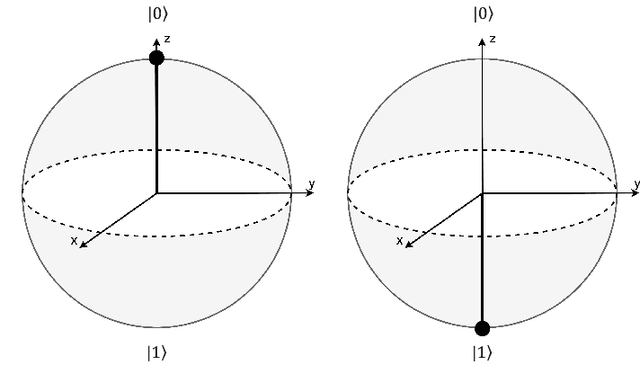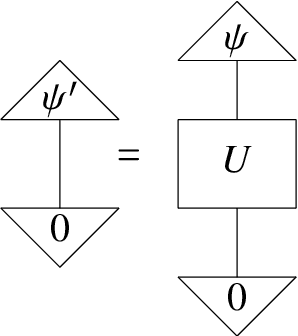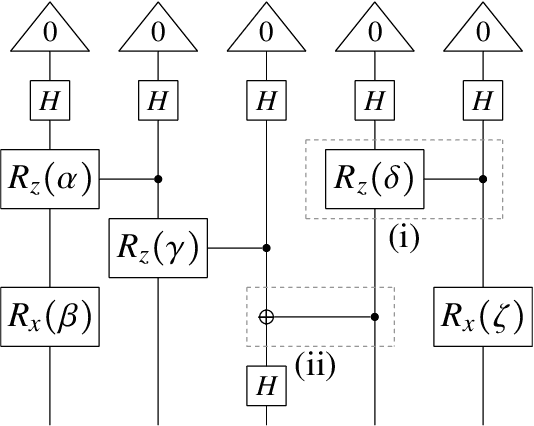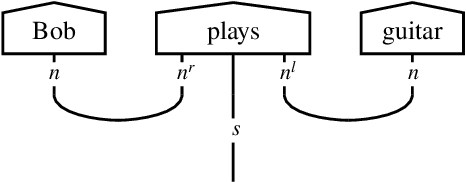A Quantum Natural Language Processing Approach to Musical Intelligence
Paper and Code
Nov 10, 2021



There has been tremendous progress in Artificial Intelligence (AI) for music, in particular for musical composition and access to large databases for commercialisation through the Internet. We are interested in further advancing this field, focusing on composition. In contrast to current black-box AI methods, we are championing an interpretable compositional outlook on generative music systems. In particular, we are importing methods from the Distributional Compositional Categorical (DisCoCat) modelling framework for Natural Language Processing (NLP), motivated by musical grammars. Quantum computing is a nascent technology, which is very likely to impact the music industry in time to come. Thus, we are pioneering a Quantum Natural Language Processing (QNLP) approach to develop a new generation of intelligent musical systems. This work follows from previous experimental implementations of DisCoCat linguistic models on quantum hardware. In this chapter, we present Quanthoven, the first proof-of-concept ever built, which (a) demonstrates that it is possible to program a quantum computer to learn to classify music that conveys different meanings and (b) illustrates how such a capability might be leveraged to develop a system to compose meaningful pieces of music. After a discussion about our current understanding of music as a communication medium and its relationship to natural language, the chapter focuses on the techniques developed to (a) encode musical compositions as quantum circuits, and (b) design a quantum classifier. The chapter ends with demonstrations of compositions created with the system.
 Add to Chrome
Add to Chrome Add to Firefox
Add to Firefox Add to Edge
Add to Edge